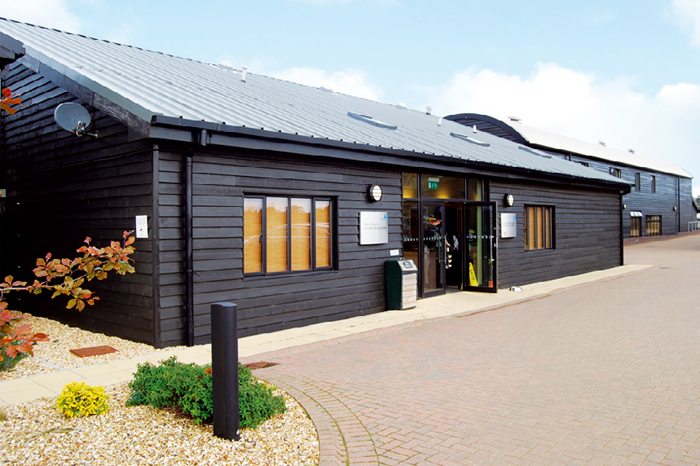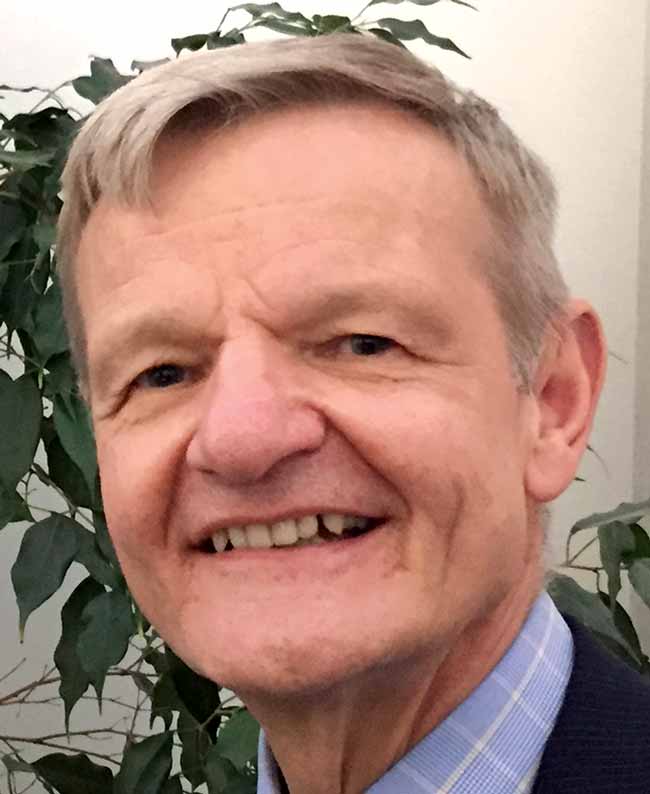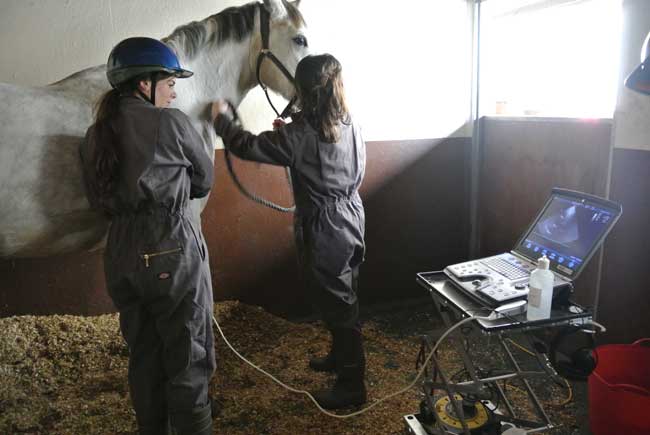Two years ago, I received an email to confirm an EMS placement at a certain well-known veterinary practice in the south of England.

In my head, the placement remained far off until – three days after one set of exams ended and four weeks before another set – it seemed to sneak up on me far quicker than expected.
Brain slightly frazzled from exams, but orthopaedics (hopefully) fresh in my mind, I found myself pulling into the car park of Fitzpatrick Referrals.
Making sense of things
Being such a large and busy hospital, the first few days were a bit manic, with lots of new faces and protocols to get used to. To be honest, just finding my way back to the staff room was quite a challenge.
As my first time in a referral hospital, there were notable differences from first opinion practice, and the sheer number of surgeries the vets would get through in one day was impressive.
I was able to see a lot of surgery, which helped make sense of the numerous abbreviations our orthopaedic lectures presented, for both the conditions and procedures – an FCP corrected by PUO or the options of TPLO or TTA for CrCLR meant very little until I was able to see the procedures and understand a little more why they helped correct the particular conditions.
(If you’re still wondering: FCP = fractured coronoid process; PUO = proximal ulnar osteotomy; TPLO = tibial plateau levelling osteotomy; TTA = tibial tuberosity advancement; CrCLR = cranial cruciate ligament rupture).
Standard versus innovative

The above are among many other “standard” referral procedures carried out at other referral orthopaedic hospitals throughout the country. There are, of course (as seen on television), other surgeries Noel carries out. Whether these are considered groundbreaking, experimental or too much is open to interpretation, but they are certainly unique to the “Supervet”.
Noel himself is clearly very passionate and believes wholeheartedly his innovations provide the best options in the world for his patients.
Many other vets would disagree. Many believe he goes too far; that the prolonged recovery and rehabilitation time for heroic procedures are not justified in patients that live in the moment and cannot perceive the future advantages temporary discomfort may bring.
Having been “behind the scenes”, I’m still not sure where I stand on these heroic procedures, but am certain the ethics must be considered on an individual case basis, as is done at Fitzpatrick’s – for example, limb-sparing surgery was decided against in a case of osteosarcoma in which survey chest radiographs showed metastasis.
Camera shy
Undoubtedly, Noel is an extremely clever bloke who has dedicated his life to providing animals with the best orthopaedic technology possible, but his methods will always remain controversial.
The placement was certainly a worthwhile and very different experience. The stationary cameras around the practice were easy to ignore, but observing a surgery that was being filmed, with the surgeon re-explaining the procedure for the third time at a different angle, not so much.
A very definite highlight was scrubbing into a TPLO and being handed the bone drill, to my utter terror and delight at the same time. I’m not sure the novelty of putting a screw into a dog’s leg will ever wear off.





